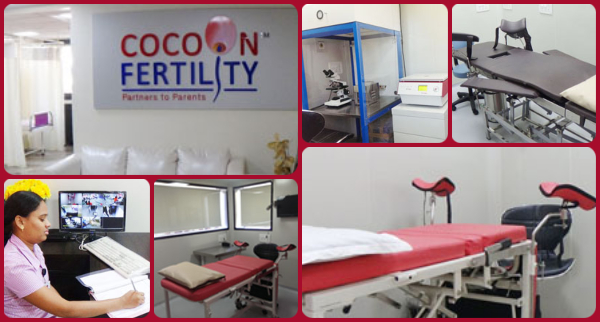Patients who have undergone multiple IVF cycles including embryo transfers, but who still do not get pregnant are said to have Recurrent Implantation Failure. This could either be because of poor embryo quality or the endometrial receptivity. Unfortunately, sometimes embryos that grow well initially stop growing later. This is likely to happen because of some inherent genetic defects in those embryos. Hence, some of the embryos that despite looking healthy in the laboratory will stop growing after they are transferred to the womb. This is a reason for IVF failure in large majority of cases. Thin lining of the uterus (endometrium) or insufficient blood supply in the uterus can affect implantation. Hormonal imbalances are also sometimes responsible to put the uterus out of phase for receiving the embryo.



